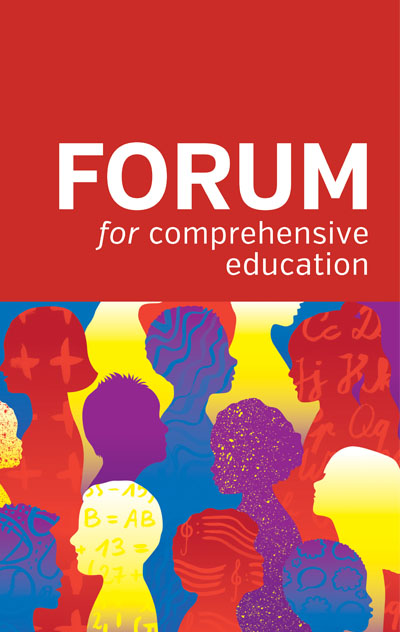
Pupils' Knowledge and Spoken Literary Response beyond Polite Meaningless Words: studying Yeats's 'Easter, 1916'
FORUM - Print ISSN 1474-7685 - Online ISSN 2047-7171
Volume 58 Number 1 (2016)
Pupils' Knowledge and Spoken Literary Response beyond Polite Meaningless Words: studying Yeats's 'Easter, 1916'
JOHN GORDON pages 7‑14
DOI: 10.15730/forum.2016.58.1.7
Abstract
This article presents research exploring the knowledge pupils bring to texts introduced to them for literary study, how they share knowledge through talk, and how it is elicited by the teacher in the course of an English lesson. It sets classroom discussion in a context where new examination requirements diminish the relevance of social, cultural and historical knowledge in literary response, while curricular detail asserts the capacity of literature to support the cultural, emotional, intellectual, social and spiritual development of young people. Transcripts of classroom discussion of 'Easter, 1916 by W.B. Yeats show where and how pupils deploy their own knowledge in interpretive work, and subtle techniques used by the teacher to elicit knowledge sharing. The data suggests the fallacy of decontextualised analysis of literature, and the significance of shared knowledge in communal spoken literary response.
To cite this article
JOHN GORDON (2016) Pupils' Knowledge and Spoken Literary Response beyond Polite Meaningless Words: studying Yeats's 'Easter, 1916', FORUM, 58(1), 7-14 . https://doi.org/10.15730/forum.2016.58.1.7
